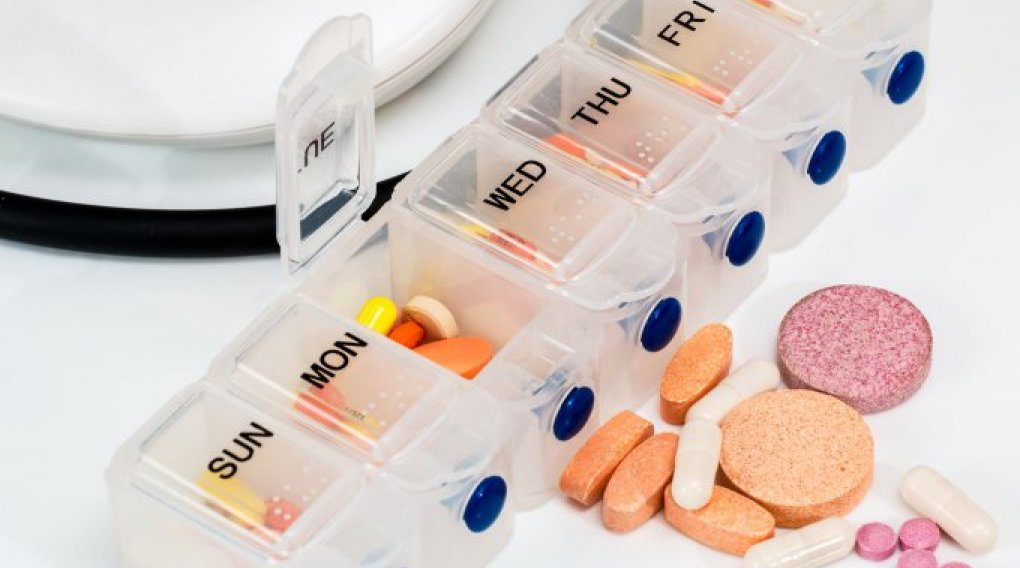
"We believe in feeding your body (and skin) for optimal health, and the science is there to support the benefits of plants, vitamins, minerals and micronutrients (both topical and internal)," Amanda Chantal Bacon, founder of Moon Juice, told HuffPost. "Skin care starts at the cellular level, and what you put into your body matters and shows up on your skin."
The message is enticing, and the products themselves are packaged nicely enough to earn you vanity space. But despite their near ubiquity, do these skin care supplements even work? The dermatologists we spoke with offer helpful hints.
"Although supplements are a multi-billion dollar industry in the U.S., the data supporting the use of most of these products is sketchy at best," said dermatologist Hadley King. "Beauty supplements are basically rebranded multivitamins." Most people get the nutrients they need from food, and unless there are vitamin deficiencies, supplements don't improve the skin of healthy people, she explained.
David Lortscher, dermatologist and founder of Curology, agrees that food is the best way to go. "Supplements are not necessary for healthy skin. The most conservative advice is to get beneficial vitamins and minerals from a healthy diet," he said. Lortscher also warns of the safety concerns associated with high doses of vitamins and supplements and the interactions they can have with each other and prescription drugs.
King, too, warns of possible side effects, saying fat-soluble vitamins can build up in the liver and cause damage, and some researchers believe high doses of antioxidants can lead to an increased risk of cancer.
Despite her skepticism, King sees some potential benefits from supplements, depending on the individual and whether the supplement has the research to back it up. "None of us eat a perfectly healthy and well-balanced diet every day, and even when we do, we may not absorb all the nutrients, especially as we age," she said. But ultimately, King recommends discussing your regimen with your doctor and having your blood levels checked first to see if there are any deficiencies.
Nigma Talib, a naturopathic doctor who has her own line of supplements (with clients like Kate Bosworth, Sienna Miller and Penelope Cruz), warns that not every supplement is a good choice. "There are a lot of things that go into making a supplement safe and effective for a consumer," she said, warning people who have "jumped on the wellness bandwagon" without clinical experience or research to back up a good product.
Consumers need to make sure they do their own research and not assume a product is safe just because it's on the market. "The supplement world is a self-regulating industry, which means companies are responsible for meeting standards set by the FDA," - Sarah Greenfield, a registered dietitian at HUM, said.
To find the best products, Lortscher recommends checking products for the black and yellow USP Verified seal, the blue and white NSF seal or the CL seal of approval on the label. Talib also suggests avoiding supplements with fillers, binders, artificial ingredients and colors, and asking for a Certificate of Analysis and heavy metal contamination check.
© The smartest health magazine: MedicalMagazine.info 2021